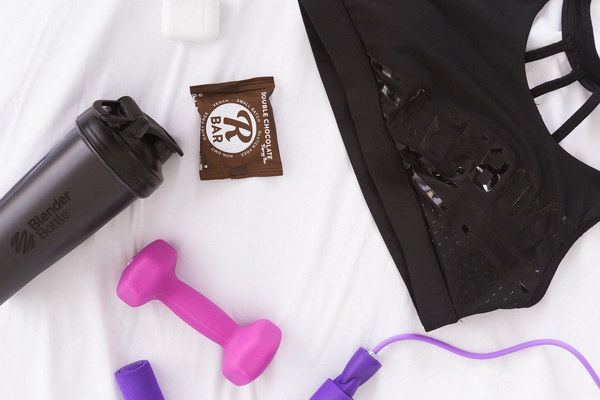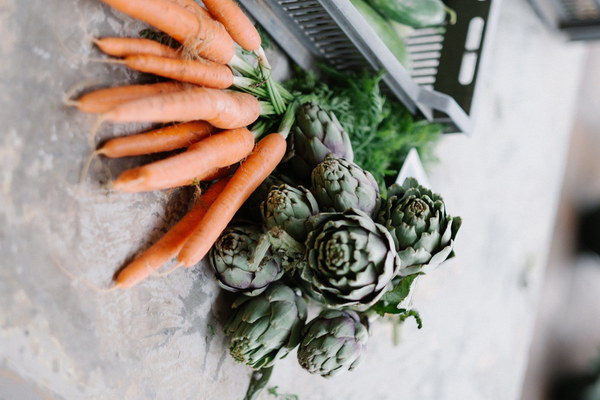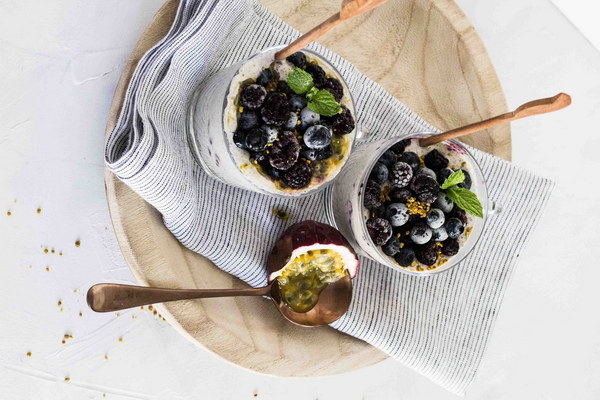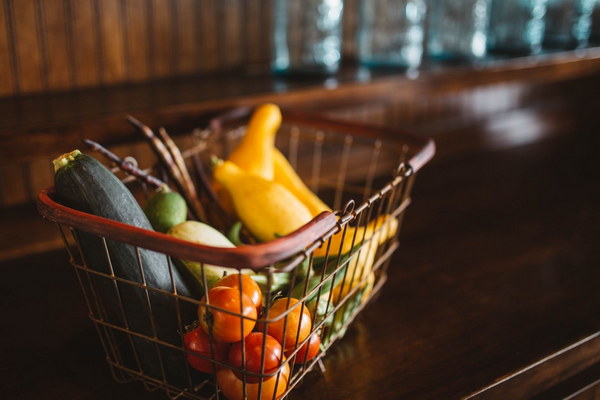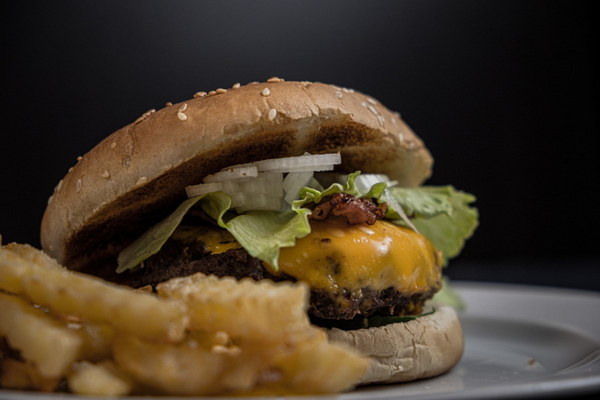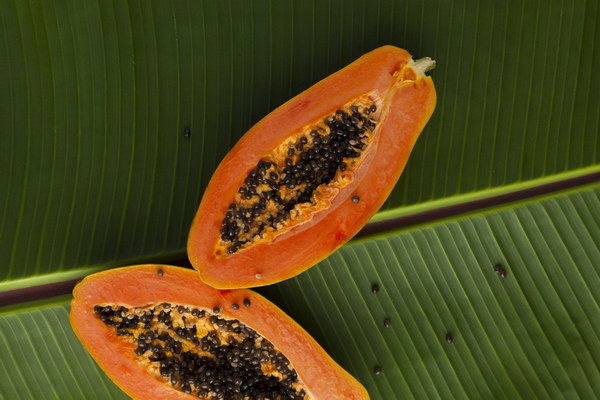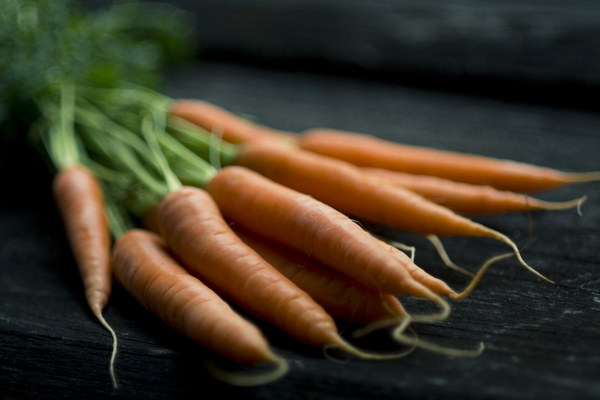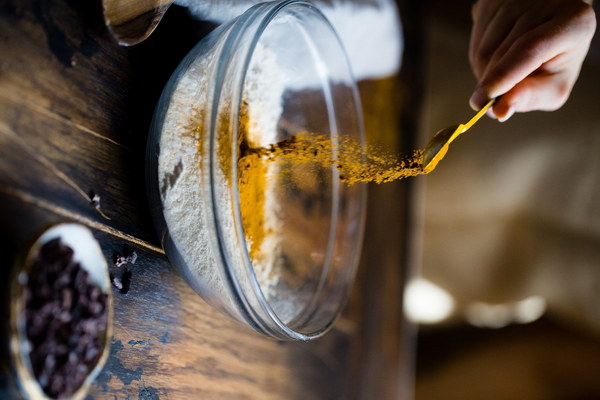Boosting Wound Healing A Comprehensive Guide to Nutritional Supplements for Patients
Introduction:
Wound healing is a complex process that requires a balanced diet to support the body's natural healing mechanisms. Proper nutrition can significantly enhance the healing process, reduce the risk of infection, and improve overall health outcomes for patients. This article provides a comprehensive guide to nutritional supplements that can help accelerate wound healing in patients.
1. Protein: The Foundation of Wound Healing
Protein is essential for tissue repair and growth, making it a crucial component of a wound healing diet. Patients should consume high-quality proteins such as lean meats, fish, eggs, dairy products, legumes, and tofu. Here are some protein-rich foods to consider:
- Chicken breast
- Turkey
- Tuna
- Salmon
- Greek yogurt
- Cottage cheese
- Almonds
- Chia seeds
- Quinoa
2. Vitamin C: Enhancing Collagen Production
Vitamin C is a powerful antioxidant that plays a vital role in the production of collagen, a key component of skin and connective tissues. Adequate vitamin C intake can help reduce inflammation, promote faster healing, and improve the quality of the wound's scar. Good sources of vitamin C include:
- Citrus fruits (oranges, grapefruits, lemons)
- Berries (strawberries, blueberries, raspberries)
- Kiwi
- Bell peppers
- Broccoli
- Spinach
3. Vitamin A: Promoting Skin Health
Vitamin A is essential for maintaining healthy skin and promoting the healing process. It helps in the formation of new skin cells and supports the immune system, which is crucial for fighting off infections. Foods rich in vitamin A include:
- Sweet potatoes
- Carrots
- Dark leafy greens (spinach, kale, collard greens)
- Beef liver
- Fortified cereals
4. Vitamin E: An Antioxidant for Wound Healing
Vitamin E is an antioxidant that helps protect cells from damage caused by free radicals. It also promotes the formation of new blood vessels, which can enhance the healing process. Some vitamin E-rich foods include:
- Almonds
- Sunflower seeds
- Avocado
- Olive oil
- Fortified cereals
- Leafy greens
5. Zinc: Accelerating Wound Healing
Zinc is a mineral that plays a critical role in cell growth and division, making it essential for wound healing. Adequate zinc intake can help reduce healing time and prevent infection. Good sources of zinc include:
- Beef
- Pork
- Chicken
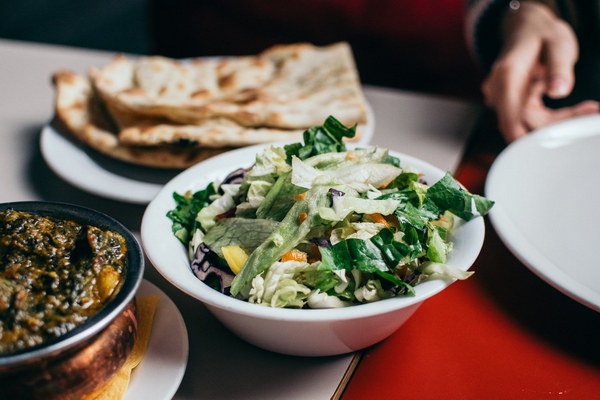
- Shellfish
- Legumes
- Nuts and seeds
- Fortified cereals
6. Omega-3 Fatty Acids: Reducing Inflammation
Omega-3 fatty acids are essential fats that have anti-inflammatory properties. They can help reduce inflammation and pain associated with wound healing. Foods rich in omega-3 fatty acids include:
- Fish (salmon, mackerel, sardines)
- Flaxseeds
- Chia seeds
- Walnuts
- Soybeans
- Leafy greens
Conclusion:
Incorporating these nutritional supplements into a patient's diet can significantly enhance the healing process and improve overall health outcomes. However, it is essential to consult with a healthcare professional before making any significant changes to a patient's diet. They can provide personalized advice and ensure that the dietary changes align with the patient's specific needs and health conditions.
